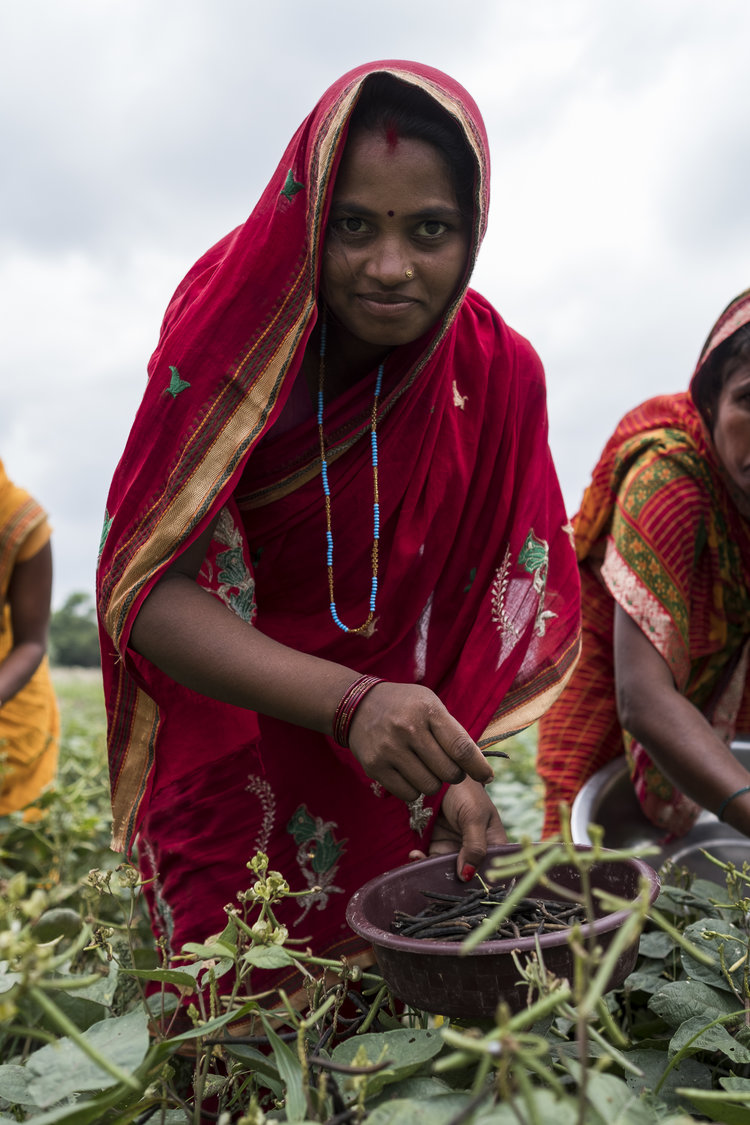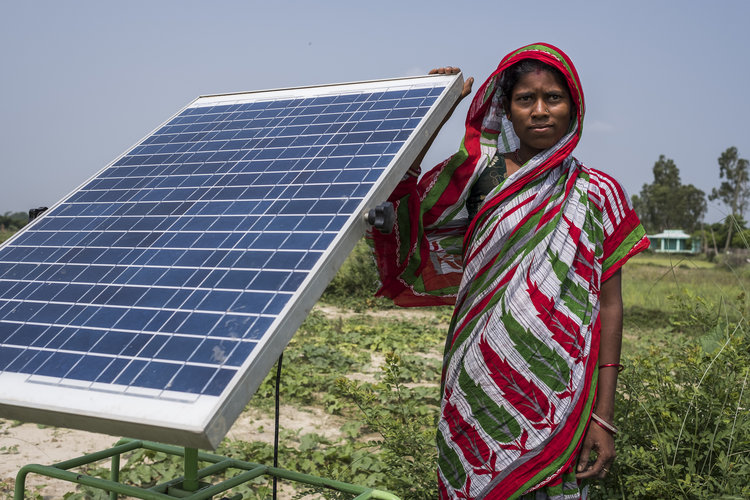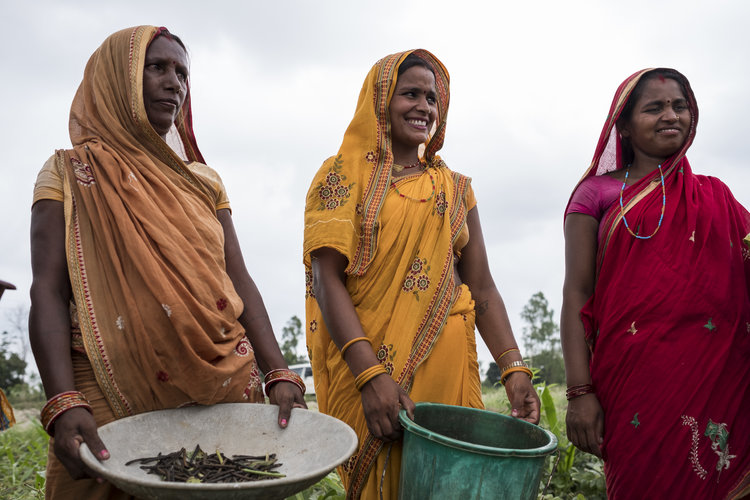ABOUT THE PROGRAM
About SDIP
The Sustainable Development Investment Portfolio (SDIP) aimed to improve the management of water, energy and food resources in three major Himalayan river basins – the Indus, Ganges and Brahmaputra – with a particular focus on benefits for women and girls.
Phase two of the Department of Foreign Affairs and Trade program sought to share Australian expertise to build and exchange knowledge, facilitate cooperation, and help improve the effectiveness of integrated policies and programs across the region, with an investment of $42 million between 2016 and 2021.
The goal of the ACIAR SDIP program was to maximise agriculture’s contribution to sustainable food systems in the EGP, for improved food, energy and water security. At the local level, this meant promoting sustainable agricultural practices as the key pathway to resilient and inclusive farming systems. For any innovation, there needs to be a supportive enabling environment that allows farmers and communities to be able to access and implement these systems for improved profitability and sustainability. At higher levels, this needs effective institutions that can make the key ‘ingredients’ of sustainable systems available and accessible (both in physical, economic and social terms) to more people, and the understanding that scaling in time and place will impact on biophysical and socio-economic systems. It also requires longer term planning and strategies that recognize that if sustainable intensification is the preferred pathway that contributes to future food, energy and water security, transformational changes are required now that can ensure sustainable food systems in the future.

ACIAR SDIP Phase 1
The first phase of the Sustainable Development Investment Portfolio (SDIP1) focused on farm and community levels.
The research and development activities under the project were conducted in eight districts in the Eastern Gangetic Plains (EGP): Rajshahi and Rangpur in Bangladesh; Malda and Coochbehar in West Bengal, and Purnea and Madhubani in Bihar, India; and Sunsari and Dhanusha in Nepal.
These locations were chosen specifically to test techniques in a range of agro-ecological settings, as well as to enable cross-border comparison of results, and to explore the effects of institutional and policy settings.
The aim was to understand local systems, and demonstrate the effectiveness of Conservation Agriculture-based Sustainable Intensification (CASI) approaches, while ensuring an enabling environment for supporting and scaling out these technologies.
Our work focused on:
building an understanding of the bio-physical and socioeconomic settings in the region;
improving the productivity, livelihoods and resilience of smallholder farmers to climate variability by facilitating the adoption of gender-inclusive, productive, profitable and lower-risk farming systems by over 75,000 farmers in the EGP.
The project developed activities in five communities in each of eight districts in the EGP.
During ACIAR SDIP Phase 2, this project continued to work with other stakeholders and initiatives to scale relevant technologies to more farmers in the broader region.
ACIAR SDIP Phase 2
ACIAR’s program focus for SDIP Phase 2 was to increase food, energy and water security for sustainable food systems in India, Bangladesh and Nepal.
Using a long-term, gender-inclusive and highly collaborative approach, we promoted sustainable intensification strategies and supporting institutional innovation to increase food security while aiming to reduce environmental impacts.
The program was based on ACIAR’s long term experience in the region, capitalising on Australian and regional expertise, and an extensive partnerships network that was closely aligned with partner country and regional priorities. We also drew upon and extended our existing program of field level research, local policy engagement and strong partnerships in the region.
With our experience and expertise, we focused on:
helping our partners to bring together the ‘big picture’ related to sustainable food systems
creating space for regional engagement
utilising a multi-level approach, drawing on insights from field-level research that was informed by and informed policy decisions
showcasing relevant institutional models
In the field, the program focused on testing and ensuring access to water and energy efficient sustainable intensification technologies including:
crop system diversification and optimisation
zero and minimum till approaches (including use of the Happy Seeder direct drill and the Versatile Multi Planter)
options for mechanisation
improved water management
access to markets; and
gender gaps in technology adoption
Our work also explored the drivers and constraints that affect development in the wider South Asia region – including the growing challenges of climate change, and the need to promote gender equality by empowering women and girls.
Where we work
Explore the Eastern Gangetic Plains, a region which extends across India, Nepal and Bangladesh.
Latest stories
Read stories of impact as a result of implementing ACIAR SDIP across the Eastern Gangetic Plains.


